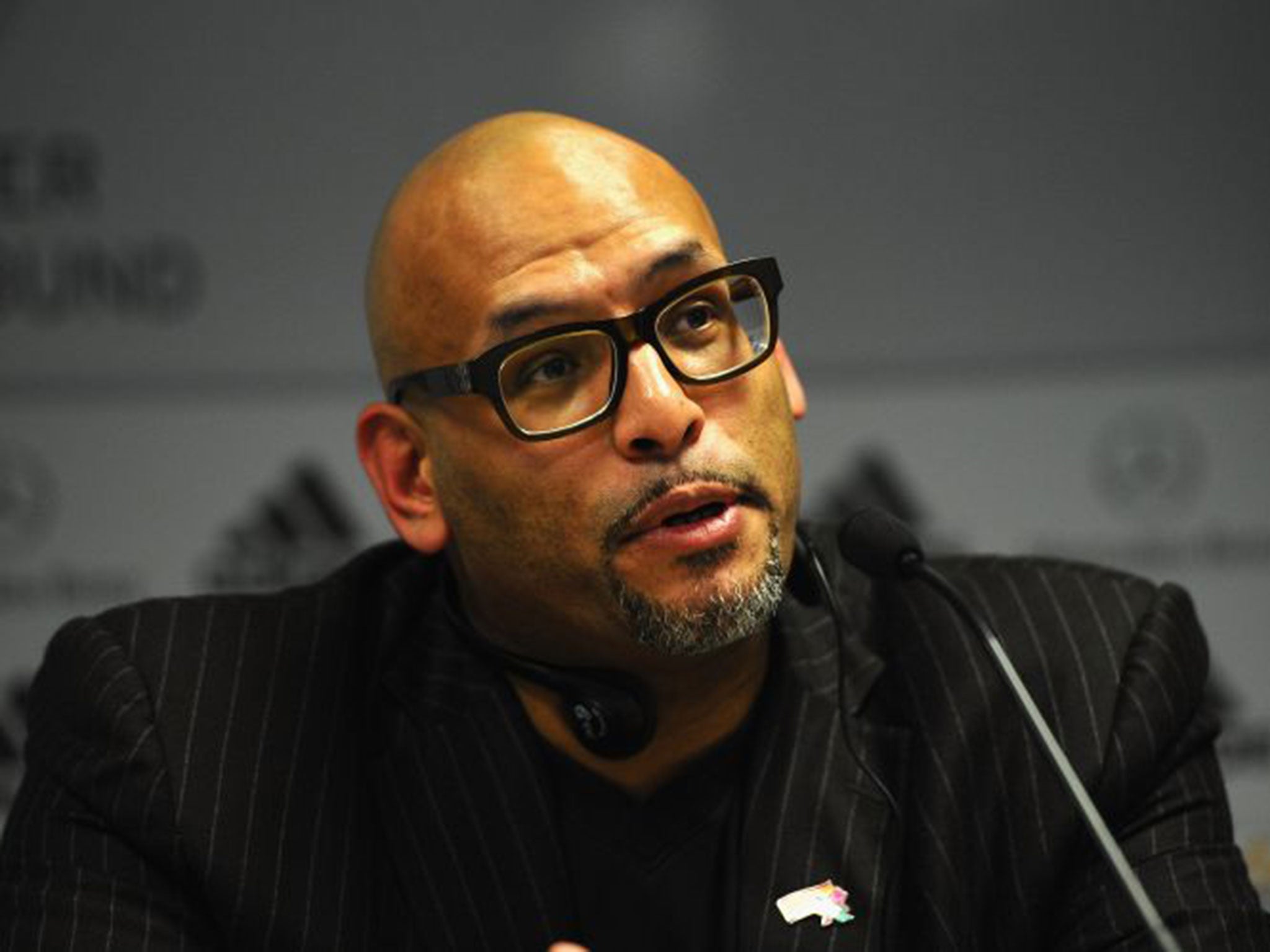Flagship police policy descends into farce
Ethics panels introduced by new police and crime commissioners are bureaucratic, costly and have conflicts of interest

One of the Government's more controversial policies plumbed new depths of farce yesterday as it was revealed that police and crime commissioners have introduced another layer of bureaucracy in an effort to raise standards in the police.
Since the role was established by the coalition in 2012, the 41 elected officials, who are supposed to oversee each police force in England and Wales, have faced significant criticism after several were found to have abused their expenses or used chauffeur-drive limos.
Now it has emerged that all police and crime commissioners (PCCs) are using public money to appoint new "ethics and integrity panels" to oversee themselves – even though the panels appear to report back to the PCCs. On the panel scrutinising the PCC for Greater Manchester Police is John Amaechi, a former NBA basketball player.
Critics claim the move duplicates the role of Police and Crime Panels (PCPs), which were enshrined in the legislation that created PCCs, and which report back to the Home Office and the relevant local council.
"High ethical standards and public confidence in policing are key. The current arrangements are, however, a mess", said Jack Dromey, the Labour spokesman on policing. "This is yet another example of the shambles that Theresa May has put in place."
"There is a clear conflict of interest," said Sam Chapman, the editor of Top Of The Cops, a blog on Police and Crime Commissioners. "An ethics and integrity panel has no role in scrutinising the behaviour of the Police and Crime Commissioner. By law, such a position belongs to the Police and Crime Panel."
Little was heard of the new ethics and integrity panels until Home Secretary Theresa May praised the Thames Valley police force's panel in Parliament. The Thames Valley force says its purpose is "to provide a transparent forum that monitors… the way… ethics and professional standards issues are handled by the Force and overseen by the Police and Crime Commissioner."
A Home Office spokesperson said the panels were the initiative of individual PCCs. However, their implementation appears to have been co-ordinated across the country, although the operation of each panel seems to vary.
In Cumbria, the PCC Richard Rhodes will pay the chair of the ethics panel £1,500-a-year and each member will receive a daily attendance allowance of £230. Last year he apologised for using a chauffeur-driven limo paid for by the taxpayer.
Helen Fearon, a Cumbria PCP member, has asked for a full detailed report into the panel. "It seems to have been given power by the Commissioner to do some of the same things as the PCP. It looks like duplication and a lot of money, which could leave the PCPs out on a limb."
Earlier this month, the Independent Police Complaints Commission (IPCC) said it was investigating Ann Barnes, the PCC for Kent Police, after she was involved in a car crash.
The investigation is examining whether Mrs Barnes, whose post commands an £85,000 a year salary, was insured to drive at the time of the collision in Dartford in September.
Subscribe to Independent Premium to bookmark this article
Want to bookmark your favourite articles and stories to read or reference later? Start your Independent Premium subscription today.
